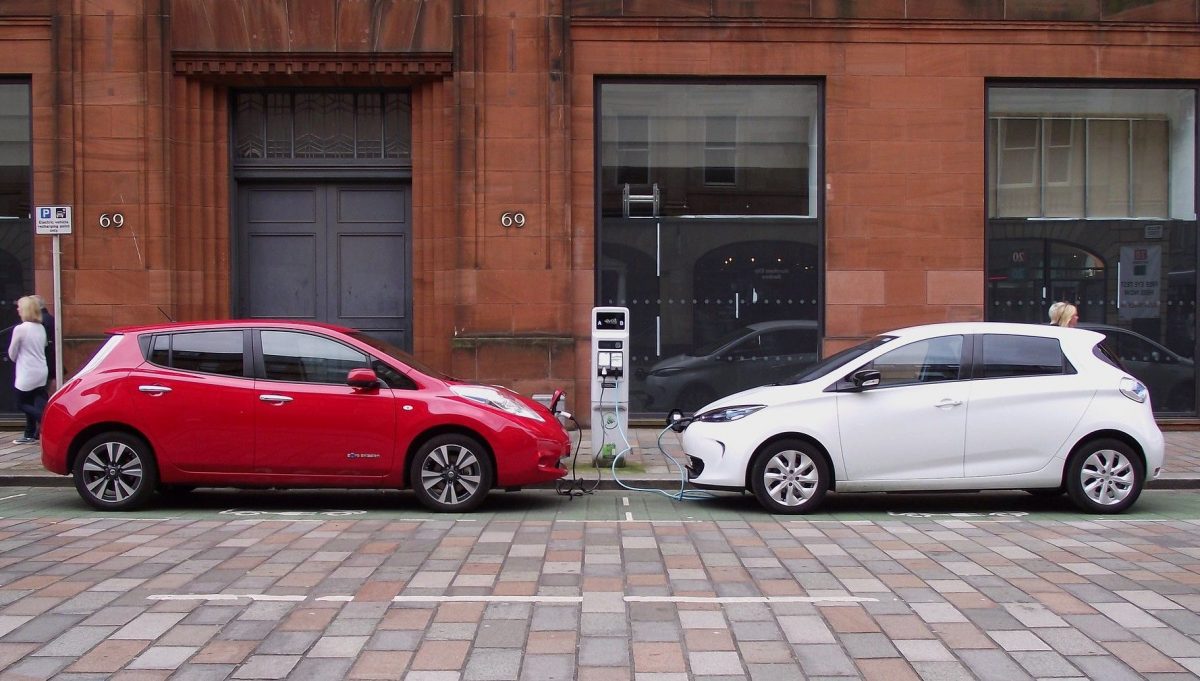
Electric vehicles advance as part of the transport answer
Many of us have been watching quite a lot of TV recently. You might have noticed that, as usual, there are lots of car ads and programme sponsorship from car companies, but what has changed is that almost all of these are now for electric cars. All the major manufacturers are seeing electric cars as their future. Last week even Bentley announced it would go electric only – but not until 2030.

Of course the UK Government has just announced that you won’t be able to sell a new petrol or diesel car or van (except hybrids) from 2030. This commitment came in the much-trailed but ultimately disappointing 10-point plan on making the UK Net Zero carbon emissions.
The original target was 2040 and earlier this year the Prime Minister said he was moving this to 2035. Scotland’s commitment from three years ago is 2032 and does not give hybrids a free pass.
While you won’t be able to buy a new purely fossil-fuelled car or van from 2030, you’ll still be able to drive an existing one. But not necessarily everywhere because there is already a commitment in Scotland to look at zero-emissions town and city centres for 2030. And as fewer and fewer cars need petrol or diesel it will get harder to find and more expensive. So 2030 could begin a very rapid disappearance of the internal combustion engine from our roads.
One of the things the pandemic has shown us is how much nicer our urban areas are when there are fewer cars on the road. The air has been cleaner, walking and cycling much more pleasant, and bus journeys on time or even early.
Electric vehicles are an important part of reducing our climate change emissions and cutting local air pollution. But they are only part of the answer. If we just replaced every current car with an electric one, congestion would be just as bad, we’d waste just as much space on car parking and roads, and people would still be killed in crashes.
We need to aim for a future where there are far fewer cars on the roads, but those that are are electric. That means people using one of Scotland’s many car clubs instead of owning a car, using public transport, walking and cycling more, and accessing services in ways that reduce the need to travel.
Last week’s 10-point plan announced £5bn for public transport, walking and cycling measures, including 4,000 zero-emission buses, as well as more money to install chargers. These are all commitments for England, some of which may also mean funding coming to Scotland.
We need to go further here in Scotland too, and an idea which is gaining support is not just free bus travel for under-19s (already a commitment), not just free bus travel for under-25s (being considered) but free bus travel for everyone.
Combining free buses, preferably owned by the public sector, and better provision for walking and cycling, with a rapid change over from fossil-fuelled to electric vehicles would create urban streets much safer and more pleasant to be on, and drastically reduce carbon emissions and local air pollution.
A version of this article appeared in the Scotsman 24th November 2020
